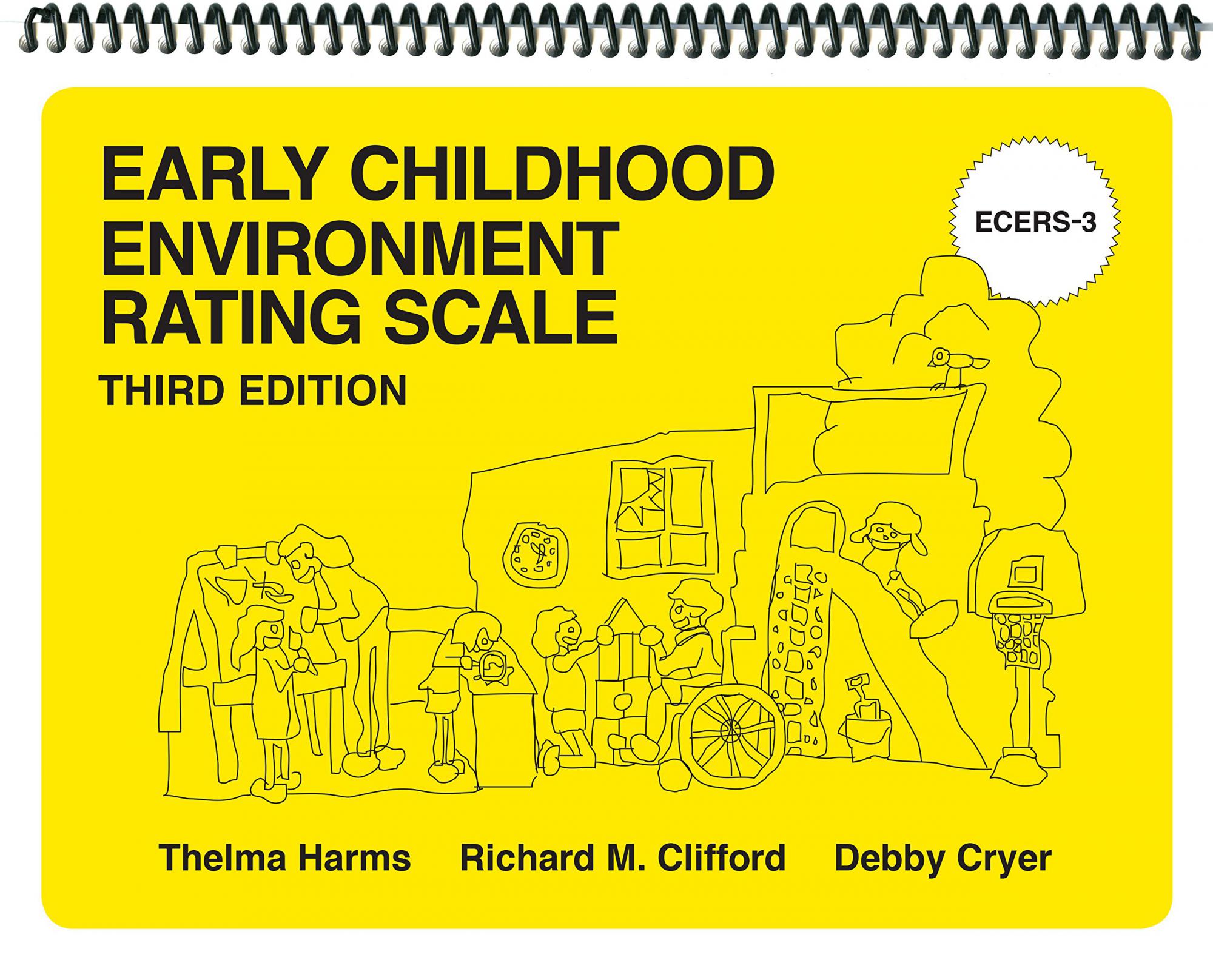Creators of the Environment Rating Scales Win the Innovator Award
 Kaplan Early Learning Company and the Leon & Renee Kaplan Foundation for the Health and Well-being of Children have presented the 2014 Innovator Award to FPG's pioneering creators of the Environment Rating Scales.
Kaplan Early Learning Company and the Leon & Renee Kaplan Foundation for the Health and Well-being of Children have presented the 2014 Innovator Award to FPG's pioneering creators of the Environment Rating Scales.
At the annual meeting of the National Association for the Education of Young Children (NAEYC) in Dallas, Texas, the foundation honored Thelma Harms, Debby Cryer, and Richard M. Clifford for "forever changing the view of quality care in childhood education."
Best known for their collective work on these internationally-recognized and widely-used assessment tools, Harms, Clifford, and Cryer had debuted their latest addition to the scales earlier the same week at the NAEYC's conference—the much-anticipated new version of the Early Childhood Environment Rating Scale (the ECERS-3), which they designed for classrooms serving 3-5 year-olds.
Since its creation at FPG in 1980, the ECERS and its subsequent versions have become highly popular measures of environmental provisions and teacher-child interactions that affect the broad developmental needs of young children. While developing the ECERS, Harms and Clifford sought feedback from early childhood staff, program monitors, and teacher trainers, as well as thoroughly field testing the scale for reliability and validity.
For much of the 1980s and 1990s, major research projects used the ECERS effectively to evaluate program quality, and the scale also found significant use in program improvement efforts. In 1998, FPG's Debby Cryer joined Harms and Clifford to co-author a revised edition of the scale (the ECERS-R), which the trio further updated in 2005.
Harms, Clifford, and Cryer developed the ECERS-3 for preschool, kindergarten, and child care classrooms with the intent to provide an easy transition for people already using the ECERS-R. The new scale looks at factors that influence the cognitive, social-emotional, physical, health, and safety needs of children age 3-5, and the authors created it in order to predict child outcomes more accurately and precisely.
The ECERS-3 emphasizes the teacher's role in creating an environment conducive to developmental gains. Subscales evaluate space and furnishings, personal care routines, language and literacy, learning activities, interaction, and program structure. The ECERS-3 also includes additional items that assess math and literacy activities, and, in this new incarnation, the ECERS serves as a stronger tool for distinguishing between "good" and "truly excellent" programs.
As a result, the utility of the ECERS-3 is diverse. The new scale is appropriate for a statewide and district-wide Quality Rating & Improvement System (QRIS) and suitable for use in inclusive settings and culturally diverse programs. Directors and supervisors can tap it for program evaluation, teachers can utilize the new scale for self-evaluation, and agency staff can employ it for monitoring. In addition, the new scale is especially useful for Race to the Top—Early Learning Challenge (RTTT-ELC) research and accountability.
Including the ECERS, Harms, Clifford, and Cryer have developed four different Environment Rating Scales, each designed for a different segment of the early childhood field, including the Infants and Toddler Environment Rating Scale (ITERS), Family Child Care Environment Rating Scale (FCCERS), and the School Aged Care Environment Rating Scale (SACERS). Each scale has proven reliability and validity and embodies a comprehensive perspective on child development. The authors now have offered updated or revised versions of each scale since its original publication.
Over the years, the scales have found an international audience of users.
"It's amazing to see how Environment Rating Scales are now being used worldwide to ensure children are receiving the highest quality care and education," said Brenda Leger, chief academic officer at Kaplan Early Learning Company, who also praised Harms, Clifford, and Cryer. "Their ideas have changed the way so many people think about child care. They are true difference-makers in our field."
For more information, visit the Environment Rating Scales Institute.
To order the ECERS-3, visit Teachers College Press.
